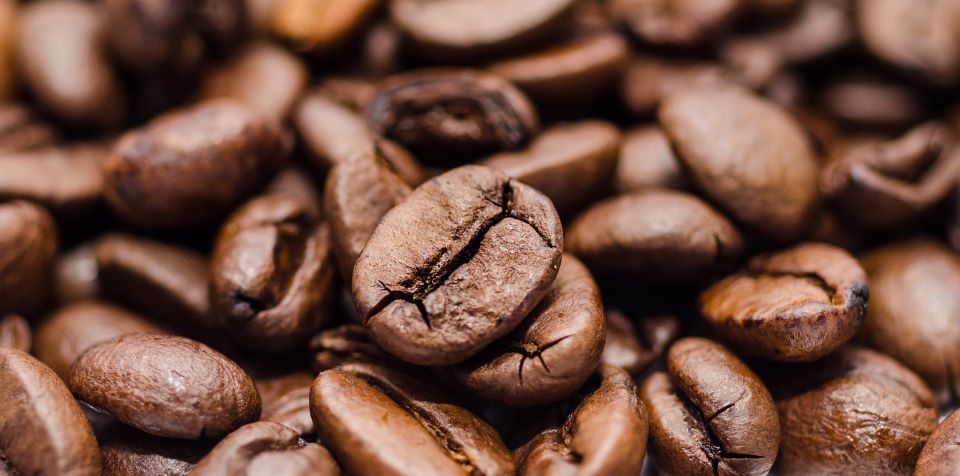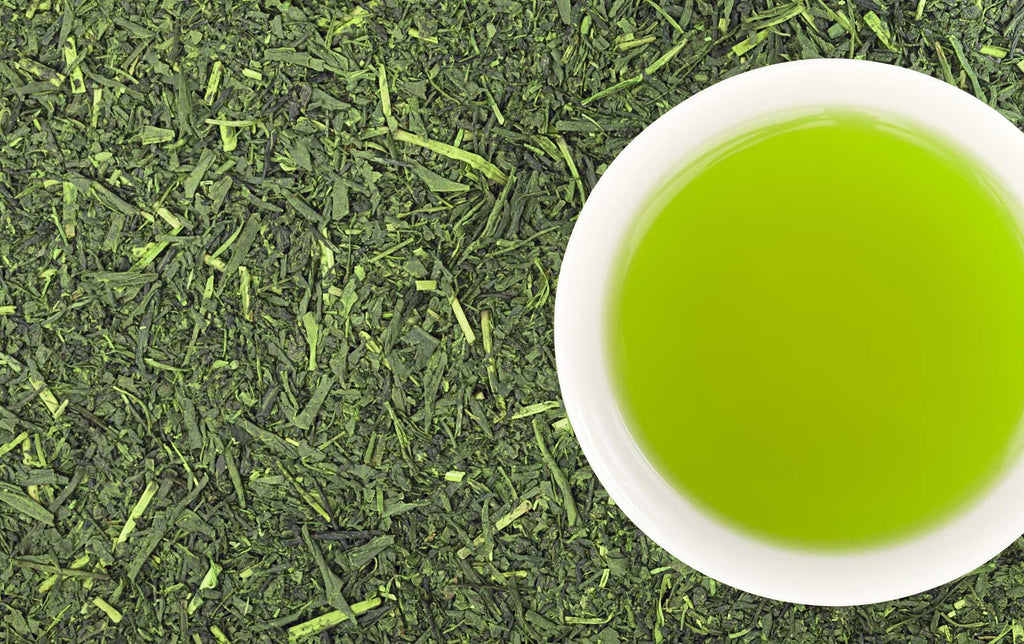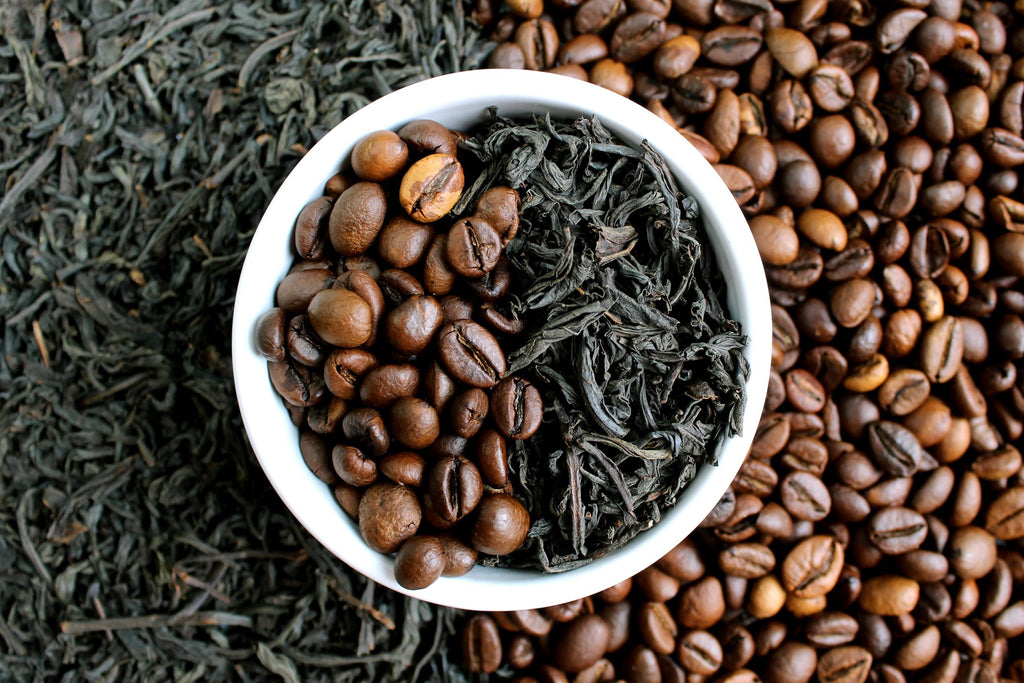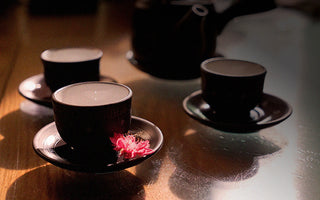Coffee and tea are both immensely popular beverages consumed globally. And with something so influential on human consumption and culture, it is only natural that the health effects be considered. A lot has been debated about the health effects of coffee vs. tea, and usually, people vote with their taste buds.
Those partial to tea often find it to be the better of the two drinks, and coffee drinkers have a similar opinion. Let’s take a more nuanced look to see where both beverages stand.
Coffee – The Health Pros And Cons

A very large number of health benefits are often attributed to coffee. Now that could be enough encouragement to get yourself a nice cup of coffee. Many of these effects are relevant to filtered coffee, so say goodbye to instant coffee and get yourself a good coffee machine.
Caffeine is the biggest agent responsible for the effects of coffee. An average cup of coffee delivers 95mg of caffeine. It speeds up the metabolic process and can be an effective way to lose weight. In fact, many modern weight-loss drugs are based on caffeine.
Another excellent advantage is that it helps increase general alertness and stimulates the brain. It can also have a positive effect on memory and general brain function. As an added advantage, coffee can have a neuroprotective effect that can reduce the risk of Alzheimer’s disease and dementia.
Coffee also works as a performance enhancer and can be useful in endurance exercises. Additionally, it reduces recovery time from these exercises, thus keeping you on your feet.
The famed beverage has also been proven to reduce the risk of type 2 diabetes. It improves insulin sensitivity, thereby lowering the associated risks.
The antioxidant properties of coffee deserve special mention. Coffee is rich in polyphenols, flavonoids, and chlorogenic acid (CGA). All of these are potent antioxidants and can play a role in reducing the risk of heart disease and stroke. They prevent plaque formation in blood vessels, and their vasodilating properties encourage a more relaxed state. There is some very promising research that suggests that coffee may play a role in reducing the risk of several forms of cancer. These include cancers of the lungs, colon, gastrointestinal tract, bladder, and rectum.
Cons Of Coffee
If you’re sensitive to caffeine, coffee is a no-go. Naturally occurring substances in coffee may also slightly increase your cholesterol, especially for espresso drinkers. It’s worth noting that the daily safe limit for caffeine consumption is 400mg. While the number can vary with your age and fitness level, a few cups of coffee will get you there pretty quickly. Coffee jitters are a thing; if you have experienced them, stay away from coffee.
Consuming too much coffee also increases the risk of conditions like tachycardia, heart palpitations, insomnia, and restlessness. If you have trouble sleeping, it is best to stay away from coffee for about 3–4 hours before you go to bed.
Tea – The Health Pros And Cons

Tea, like coffee, is immensely popular. It is the most popularly consumed beverage in the world, next only to water. Black tea is by far the most popular variety of tea; green tea comes in second, with other varieties making up small percentages.
Much like coffee, tea is rich in caffeine. Although tea has a lower amount of caffeine, it amounts to just about half that of coffee. So while an average cup of coffee will deliver 95 mg of caffeine, the same amount of tea gets you 45mg. While the number is lower, tea can deliver the same effects and benefits as coffee.
Drinking tea can also increase mental alertness and enhance brain function. Interestingly, while tea lacks caffeine, it has a healthy dose of L-theanine. Working together with caffeine, this antioxidant stimulates the brain and increases the brain’s alpha waves. This brings in enhanced mental activity while at the same time reducing stress and having an overall calming effect.
Tea is rich in other antioxidants too, including polyphenols. The primary groups available in tea are theaflavins, arubigins, and catechins. Much like those listed for coffee, tea consumption can be tied to a reduced risk of some cancers. Some studies have also tied tea to anti-aging effects, though more study is needed before that can be declared conclusively.
The polyphenols and their rich antioxidant properties can have a positive effect on reducing the risk of heart disease and preventing plaque formation in blood vessels.
Tea, especially green tea, is also highly recommended for weight loss. Green tea may increase energy expenditure and is considered to increase the burning of fat substantially, thus helping to reduce weight. This is perhaps a reason why all those "weight loss teas" are making the rounds. If you do choose to go down that road, be sure to choose a quality option.
Cons Of Tea
Even with all its positives, there are some negatives associated with tea. Too much consumption of tea has been linked to health conditions like increased anxiety, tachycardia, heart palpitations, insomnia, restlessness, and nausea.
Tea also contains tannins, which can reduce the absorption of plant-based iron. It doesn’t affect animal-based heme, so omnivores don’t have to worry too much about tannins. However, if you have a deficiency, it’s best to stay away from tea.
Getting The Best Benefits – The Common Sense Clause

As can be seen here, both tea and coffee have a fairly impressive list of benefits. Do remember that these aren’t tonics or medicines, so it’s best not to take these health effects at face value. Practice moderation, where you can enjoy these beverages and also gain their benefits without risking their disadvantages.
If being health conscious is important, skip processed sugar in your beverages. It may also be beneficial to give up milk or use small quantities of plant-based alternatives. Syrups and whipped cream are a big no-no. They add tons of calories to the beverages, often increasing calorie intake many times over as compared to beverages without whipped cream or syrup.
Caffeine is associated with several positives as well as negatives for each beverage. If you are sensitive to caffeine, you can opt for decaf coffee or choose from the herbal non-caffeine blends available for tea.
Get Free Bonus Books

Sign up for free to the Green Tea Club to get advice and exclusive articles about how to choose Japanese Tea, and tips, tricks, and recipes for enjoying Japanese tea.
About the author
Kei Nishida
Author, CEO Dream of Japan
Certification: PMP, BS in Computer Science
Education: Western Washington University
Kei Nishida is a passionate Japanese green tea connoisseur, writer, and the founder and CEO of Japanese Green Tea Co., a Dream of Japan Company.
Driven by a deep desire to share the rich flavors of his homeland, he established the only company that sources premium tea grown in nutrient-rich sugarcane soil—earning multiple Global Tea Champion awards.
Expanding his mission of introducing Japan’s finest to the world, Kei pioneered the launch of the first-ever Sumiyaki charcoal-roasted coffee through Japanese Coffee Co. He also brought the artistry of traditional Japanese craftsmanship to the global market by making katana-style handmade knives—crafted by a renowned katana maker—available outside Japan for the first time through Japanese Knife Co.
Kei’s journey continues as he uncovers and shares Japan’s hidden treasures with the world.
Learn more about Kei







